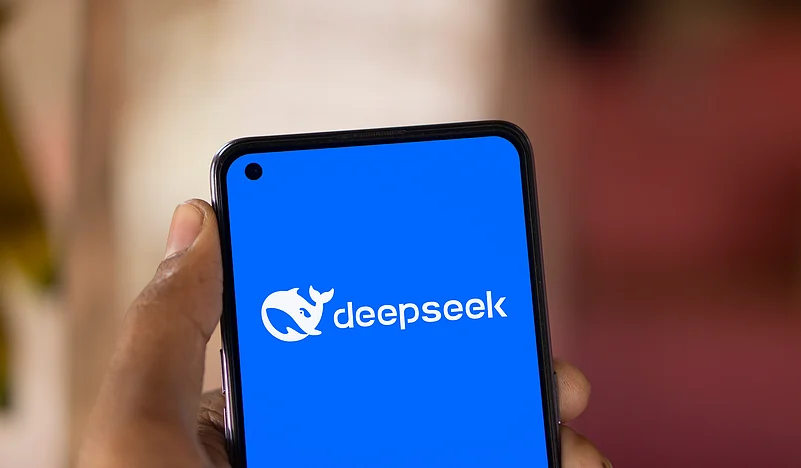Microsoft is adding Chinese AI company DeepSeek’s R1 model to its Azure AI Foundry platform and GitHub today. The R1 model, known for its significantly lower training costs compared to leading models from OpenAI, is now available in the Azure AI Foundry and GitHub model catalog. This integration enables Microsoft’s customers to incorporate R1 into their AI applications.
“One of the key advantages of using DeepSeek R1 or any other model on Azure AI Foundry is the speed at which developers can experiment, iterate, and integrate AI into their workflows,” said Asha Sharma, corporate vice president of AI Platform at Microsoft.
According to DeepSeek, R1 is a cost-efficient AI model that enables developers to incorporate AI capabilities with minimal infrastructure investment. Azure AI Foundry provides built-in model evaluation tools, allowing users to test, benchmark, and deploy AI applications efficiently.
“Bringing models like DeepSeek R1 to Azure AI Foundry allows businesses to scale AI-powered applications with speed and security,” she added.
Microsoft announced on its official blog that DeepSeek R1 is available on its enterprise-ready Azure AI Foundry platform, which supports over 1,800 models.
“Customers will soon be able to run DeepSeek R1’s distilled models locally on Copilot+ PCs, as well as on the vast ecosystem of GPUs available on Windows. Beyond Copilot+ PCs, the most powerful AI workstation for local development is a Windows PC running WSL2, powered by NVIDIA RTX GPUs,” said Microsoft chief Satya Nadella during the recent earnings call on Wednesday.
The R1 model has shaken Wall Street this week by demonstrating lower reliance on chips from suppliers like Nvidia and being far more cost-effective to train. This development led to a sharp decline in Nvidia’s market valuation, which at one point dropped nearly $600 billion as investors reacted to DeepSeek’s advancements and the growing popularity of its mobile app.
Meanwhile, OpenAI and Microsoft are reportedly investigating whether DeepSeek used OpenAI’s API to train its models. According to Bloomberg, Microsoft’s security researchers detected unusually high data usage through OpenAI developer accounts late last year, which may be linked to DeepSeek.
































